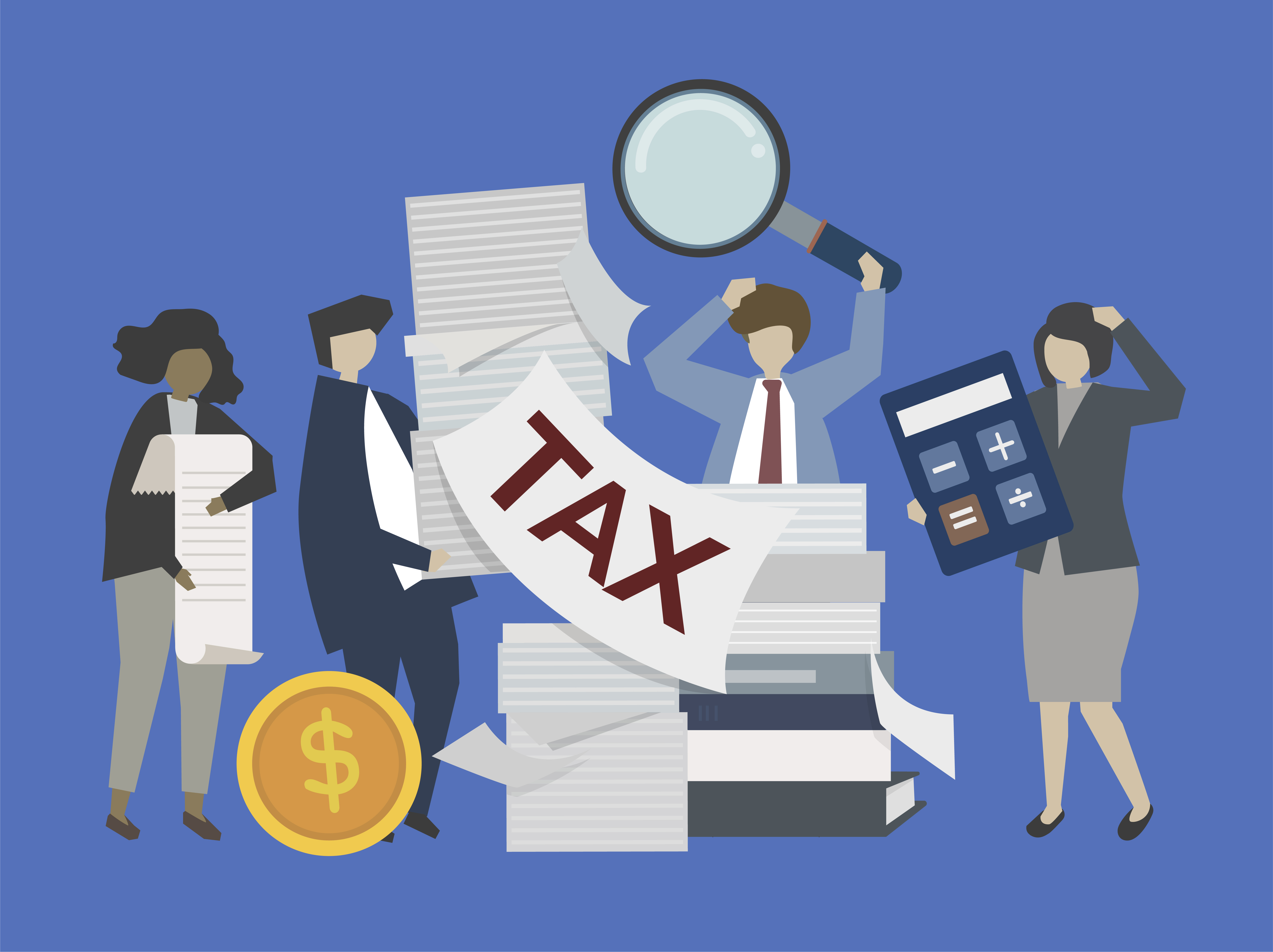June 12, 2024
Seasonal Works Tax | Gotax Online
For seasonal overseas workers in Australia, there are specific tax and superannuation obligations they need to be aware of.
Tax Consequences and Lodgement Responsibilities
1. Tax Residency Status:
- Seasonal workers are typically considered non-residents for tax purposes unless they meet certain residency criteria. Non-residents are taxed only on their Australian-sourced income, usually at higher rates than residents.
2. Tax File Number (TFN):
- It's essential for seasonal workers to obtain a Tax File Number (TFN) to avoid being taxed at the highest marginal rate.
3. Non-Resident Tax Rates:
- Seasonal overseas workers who are non-residents for tax purposes face different tax rates compared to residents. For the 2023-2024 income year, the tax rates for non-residents are as follows:
- $0 – $120,000: 32.5%
- $120,001 – $180,000: 37%
- $180,001 and over: 45%
4. Lodging a Tax Return:
- Seasonal workers must lodge a tax return if they earn above the tax-free threshold for non-residents, which is usually $0. This means that almost all seasonal workers will need to lodge a tax return to report their income and claim any deductions.

Superannuation Responsibilities for Seasonal Workers
1. Superannuation Contributions:
- Employers are required to pay superannuation contributions for eligible seasonal workers if they earn more than $450 in a calendar month. The current superannuation guarantee rate is 11% of ordinary time earnings (as of 2024).
2. Accessing Superannuation:
- Seasonal workers can apply for a Departing Australia Superannuation Payment (DASP) when they leave Australia permanently. The DASP claim can be made online through the Australian Taxation Office (ATO) website. Note that DASP payments are subject to a final withholding tax.
Common Tax Deductions for Seasonal Workers
1. Work-Related Expenses:
- Travel Expenses: If travel is necessary for work (not including travel to and from your home to your workplace),
- Uniform and Protective Clothing: Costs incurred for purchasing and laundering uniforms or protective clothing required for work.
- Tools and Equipment: Depreciation of tools and equipment required for work.
2. Self-Education Expenses:
- If the education directly relates to current employment and is likely to lead to an increase in income, these expenses can be deductible.
3. Home Office Expenses:
- If any work is done from home, a portion of home office expenses may be deductible. This includes electricity, internet, and depreciation of office furniture.
Other stuff you need to know
- Record Keeping: It's crucial for seasonal workers to keep detailed records of all income and expenses. This includes payslips, receipts for deductible expenses, and any communication with the ATO.
- Foreign Income: If a seasonal worker has any foreign income, it should be declared in the Australian tax return, although it might not be taxable in Australia depending on the tax treaties.
Seasonal overseas operate under some different tax rukes in Australia. Both Taxation and Superannuation matters should be finalised before your departure date. This will ensure you get the Tax and Superannuation that you are entitled to.
But have no fear. You can actually finalise your Australian Tax quite easily whether you are onshore or offshore. Gotax is a premier online Tax Service that allows you to do your tax return from anywhere on the planet.





Leave a Comment